Leica sent us a final production S2 for our studio event and demo day this past weekend. So, I took the opportunity to head down to South Beach for some hometown shooting. I'm not quite sure why, but I decided to put the S2 into a shooting situation it just wasn't designed for – beach volleyball. The sand wasn't my concern as the camera and lenses are completely sealed. What I was worried about was how well the S2 could keep up with quick-moving action.
Please keep in mind that I am not a sports shooter. This was just a test of how well the S2 could handle a subject suited more for a 35mm DSLR than a medium format system. Essentially, I was trying to put a square peg into a round hole and wasn't really expecting too much. What I ended up with wasn't too bad.
The S2 has more shutter lag than a D3, which was obviously expected. When I first started shooting, I was waiting for the decisive moment. By the time I reacted, pressed the shutter release, and the camera fired, the ball was out of the frame. But once I got the timing down and shot when I saw the ball approaching a player, I was able to catch the ball in the frame. This would have been easier with a D3, but at least it was doable on the S2.
Focus was the other big question mark. The S2 was able to nail focus accurately, but being a center-point-only focus system, I couldn't get good focus and good composition and catch the action. By the time the camera would lock on and I would recompose, the shot was long gone. So, I found the best success using manual focus. The large, bright focusing screen and perfect drag on the lenses make manual focus very workable.
Another snag I ran into was one that I talked about in my S2 review. The rear thumb dial is too easily pushed in when not meaning to. So, while most of my shooting was done in T mode (shutter priority), I did inadvertently push the dial in, activating P (program) mode. I was shooting in T to get the highest possible shutter speed to stop the action, which is 1/4000th. In order to keep this high speed and get a little DOF, I opted for 320 ISO, which worked great. In broad daylight at 320 ISO there was no loss of DR or detail and no noise. So, I was able to pick up a little free speed there. Anyway, when the camera switched to P, it decided to balance my exposure a bit and chose 1/1000th at f/8, which would have been perfectly fine had I not been shooting action. What I found was that at 1/1000th (and even at 1/4000th in some cases) the subjects would show motion blur at 100% view. It is pretty slight, but there nonetheless. The lack of perfect sharpness could also be my human focus error.
What did impress me was how well the S2 files held up in such harsh lighting. The sun was backlighting many of the players, yet the S2 was able to capture detail in the shadows very well and the sand was well exposed without blowing out. I do attribute some of the fill-in effect to the reflective nature of the sand itself, but the camera did an admirable job with the high-contrast, difficult lighting. Skies even stayed blue without getting completely washed out.
After shooting two matches over the course of about half an hour, I was pretty pleased with the results. I’ll probably never attempt this again, but it was fun to put the S2 (and myself) into a challenging situation. And, even though it was akin to hammering in a finishing nail with a sledge hammer, it actually worked. I’d still suggest a D3 or 1DmkIII for this kind of work. The S2 is resolution overkill for most live action sports and the AF, shutter lag, and frame rate just aren’t designed for sports.
Fashion shooting, both in studio and on location, are an entirely different matter, though. For more on that, check back for updates.

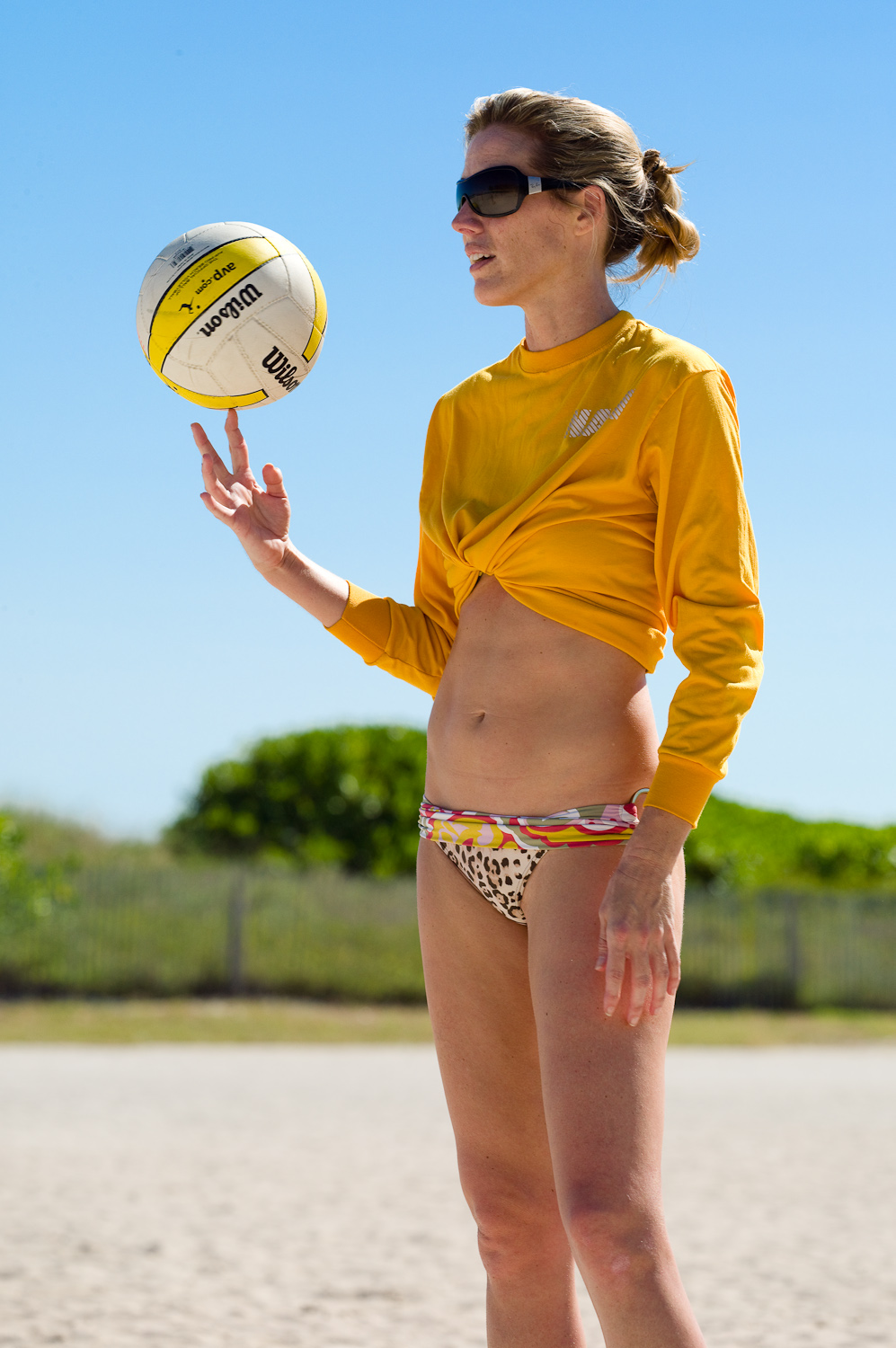
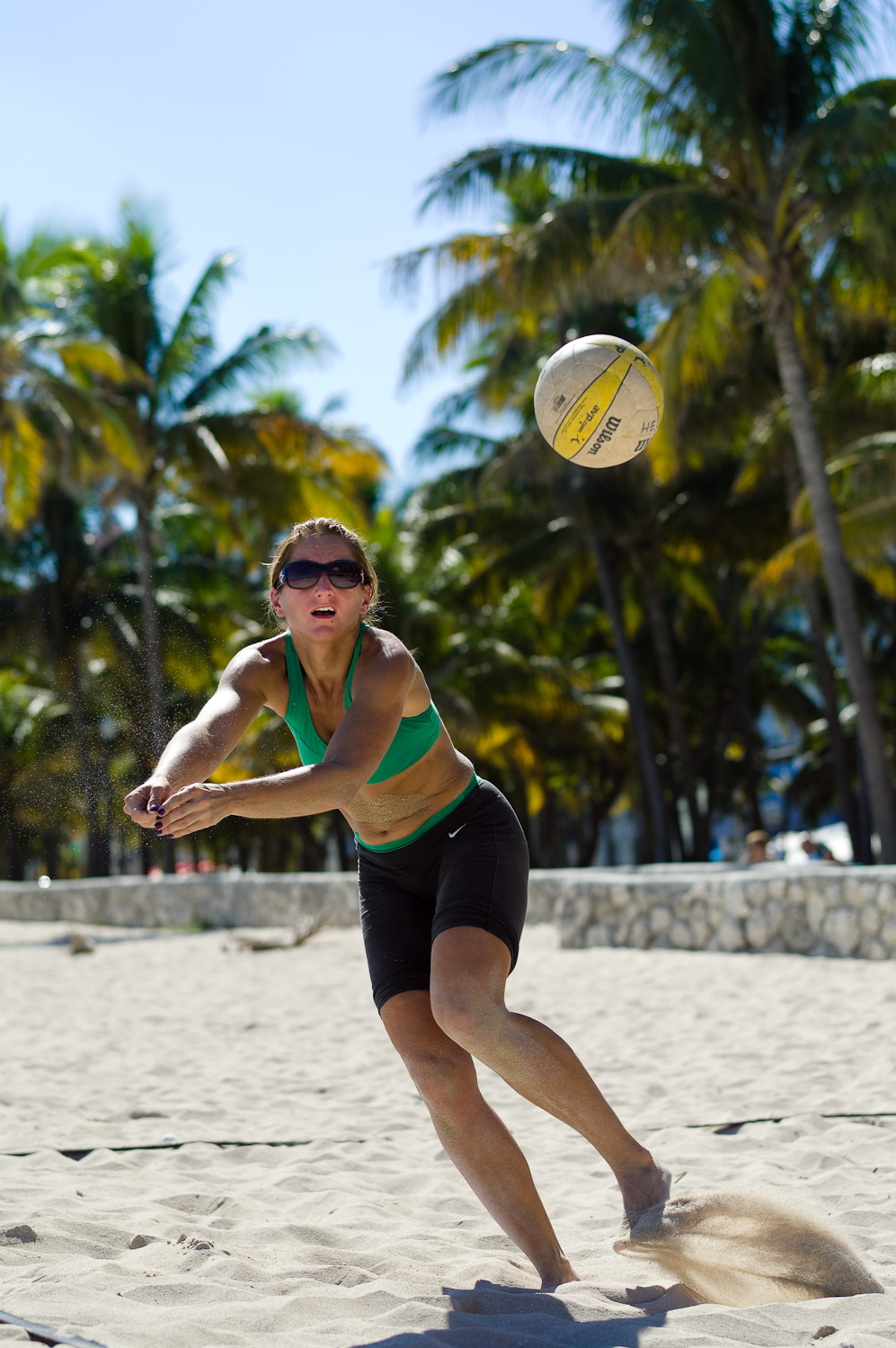
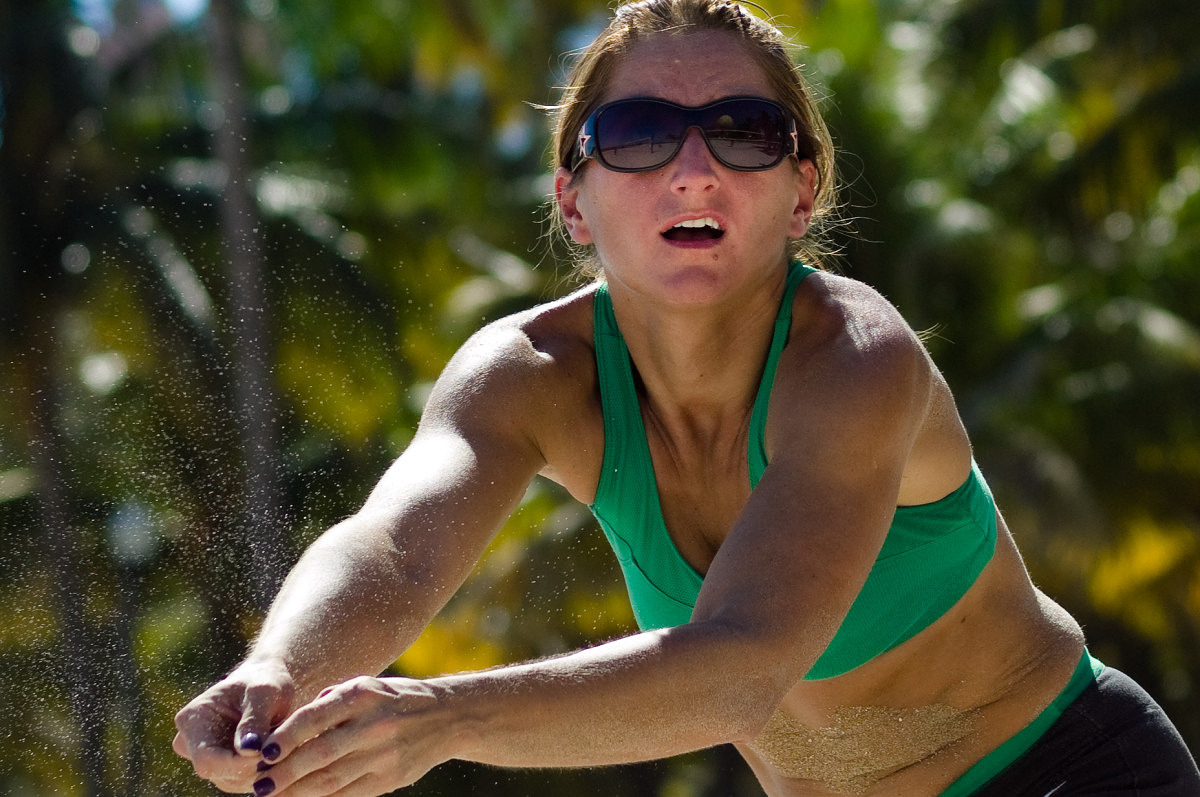


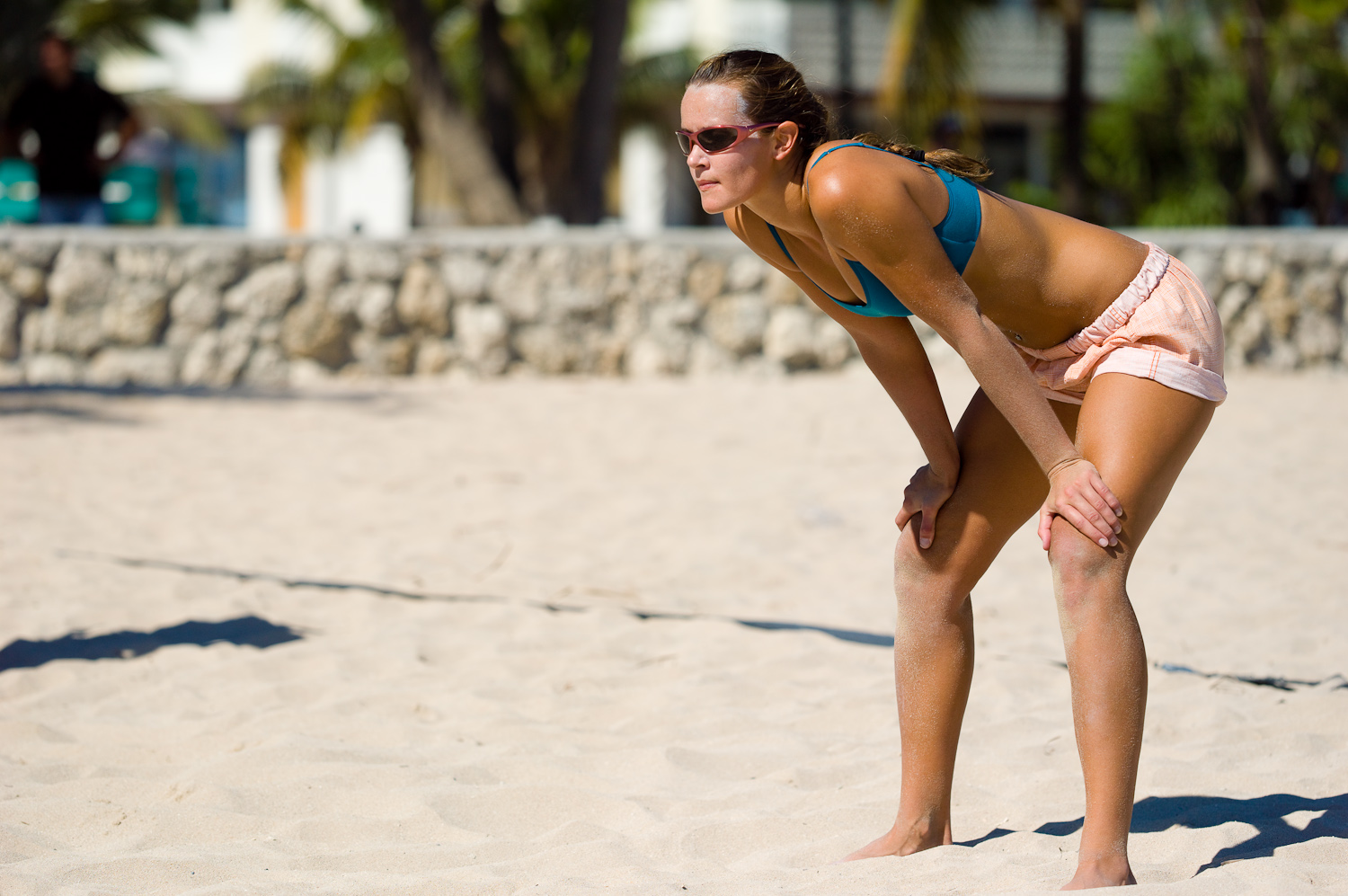
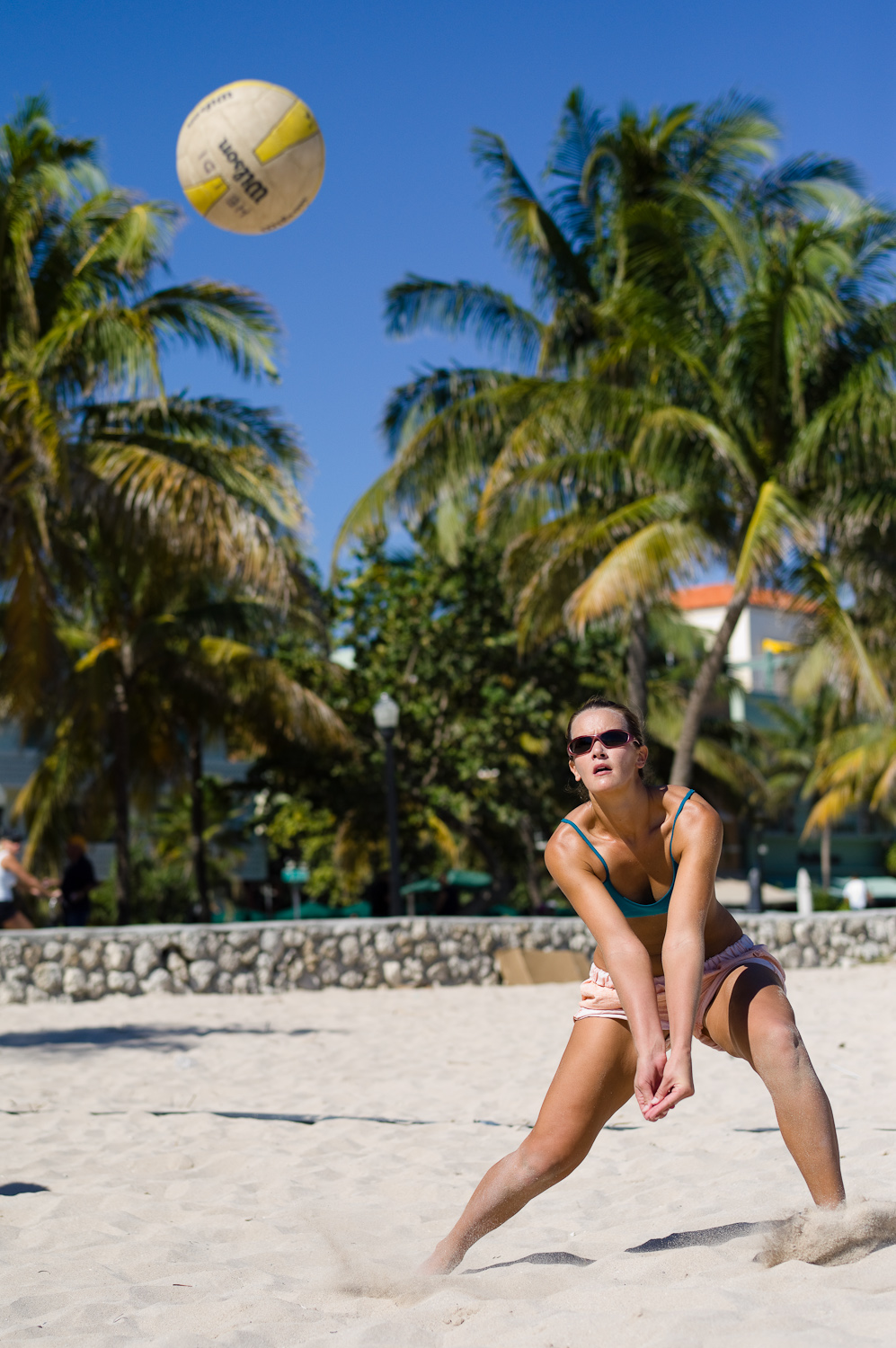
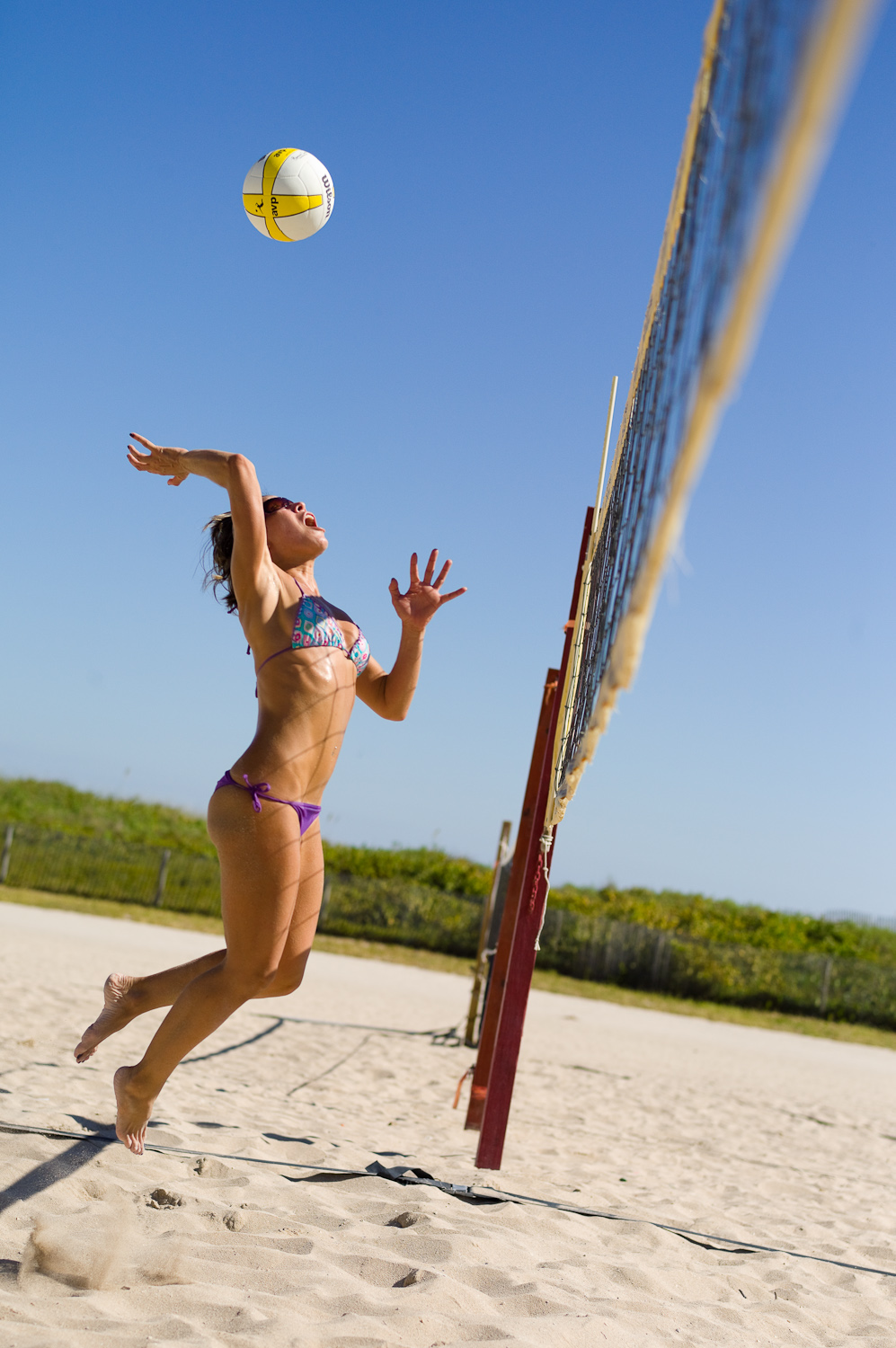
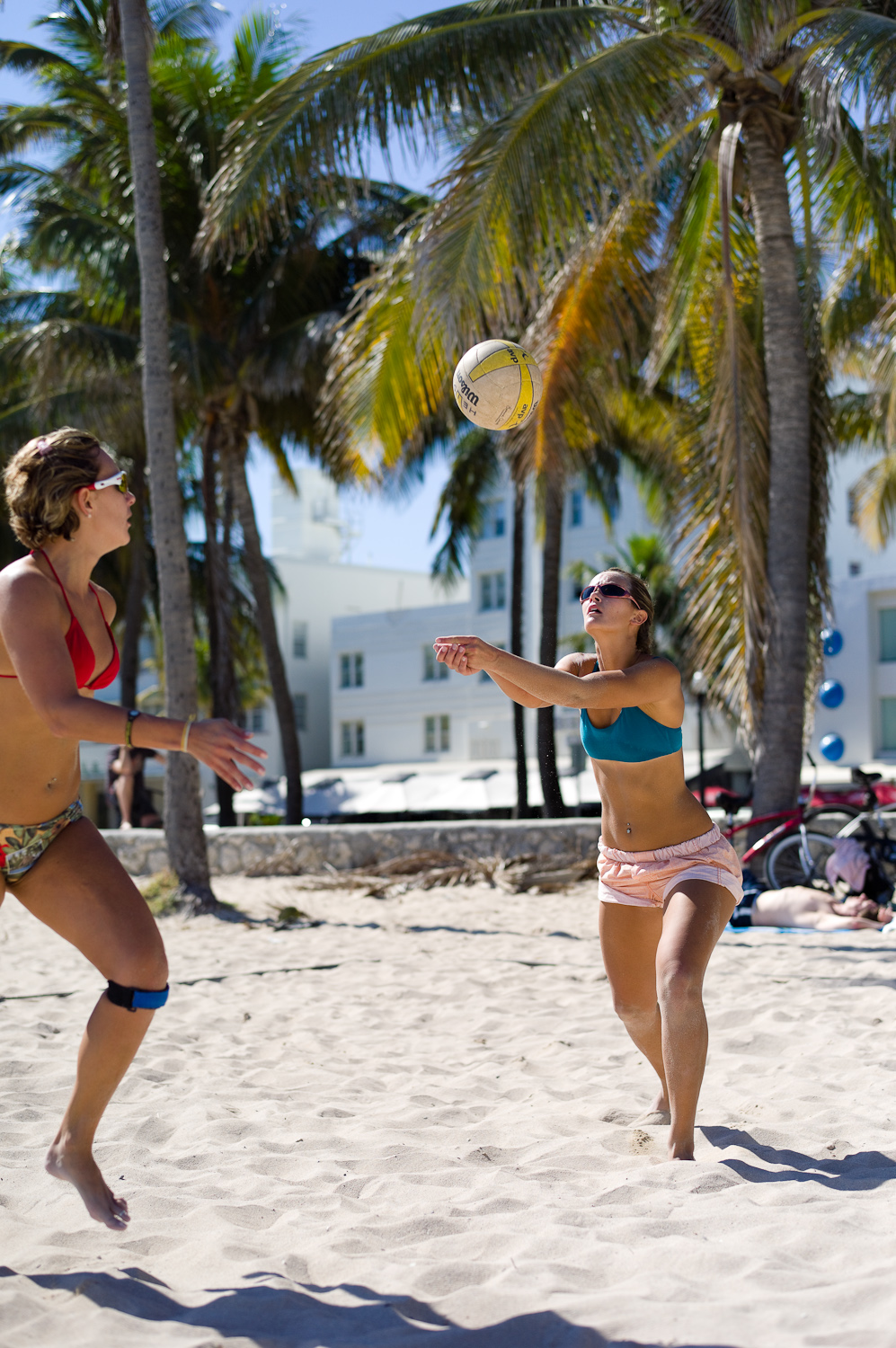
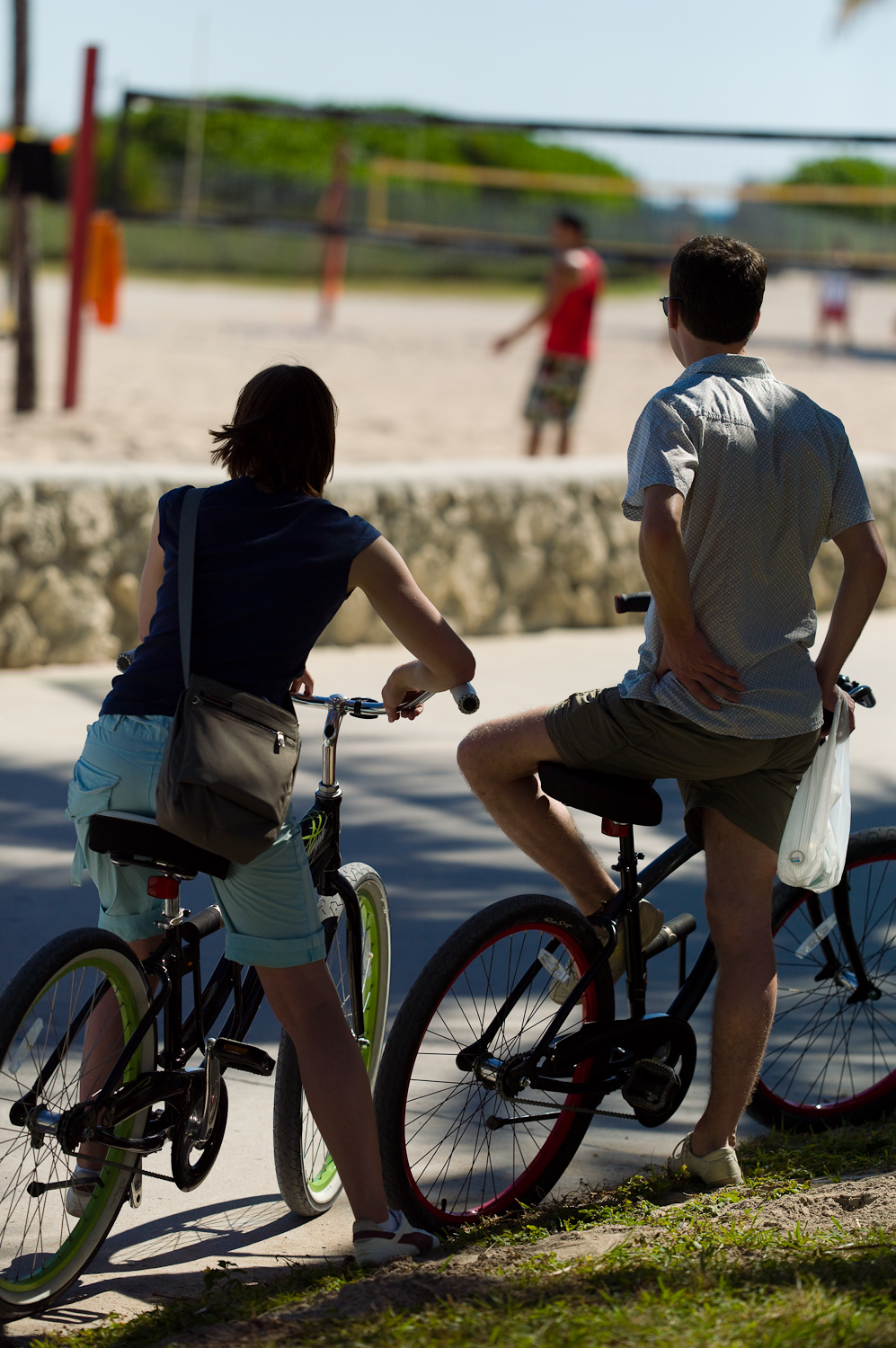
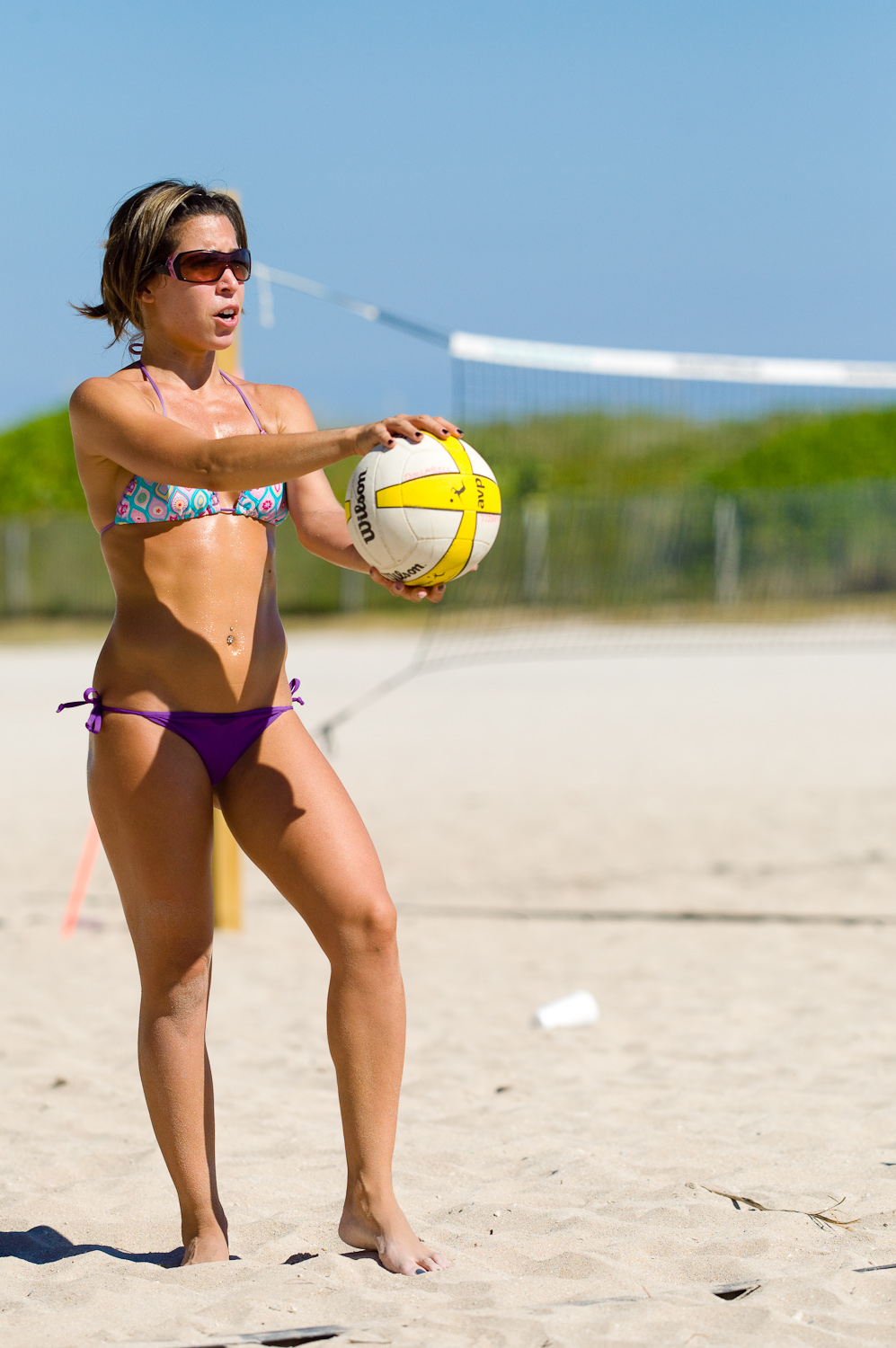
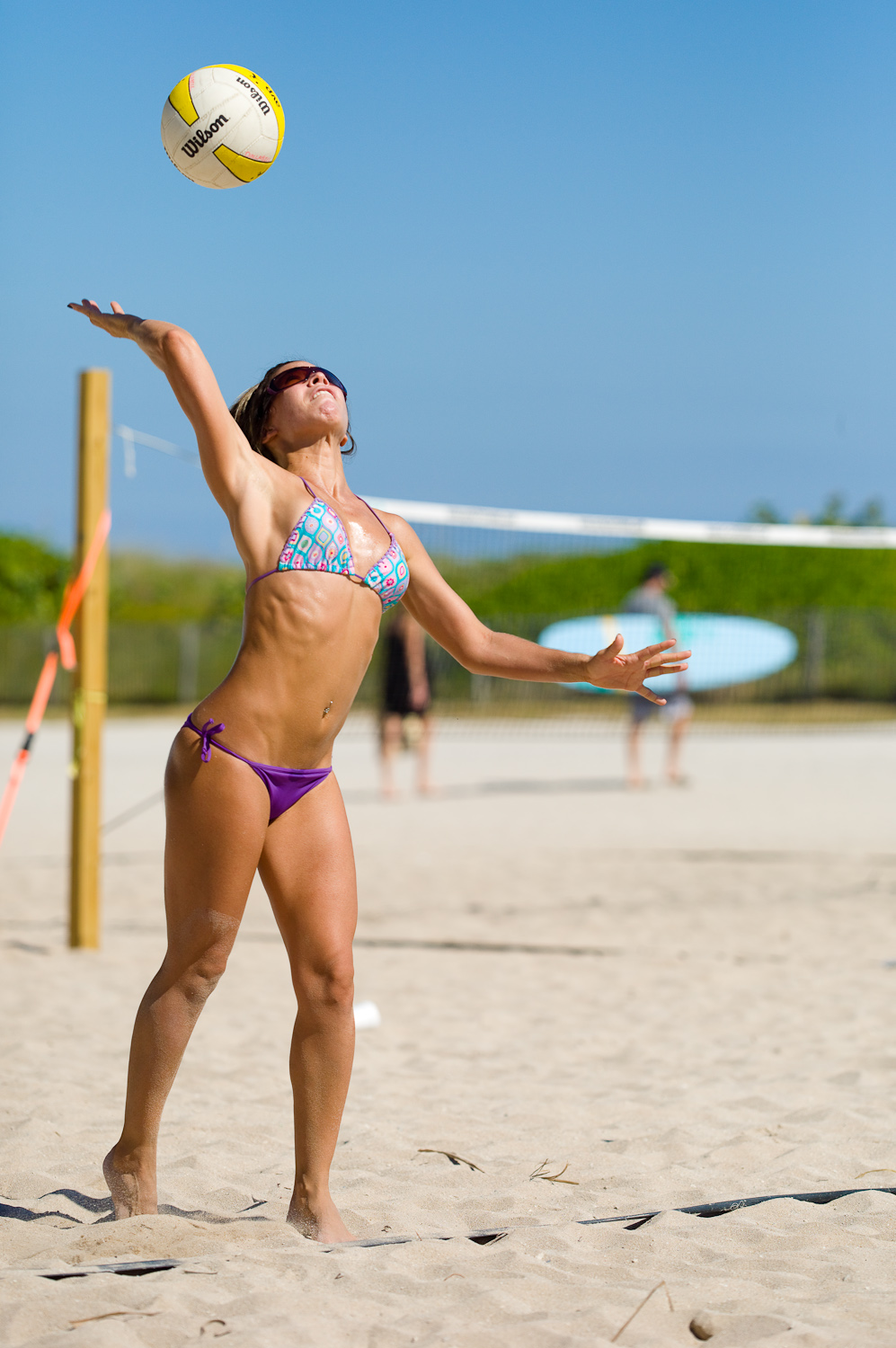
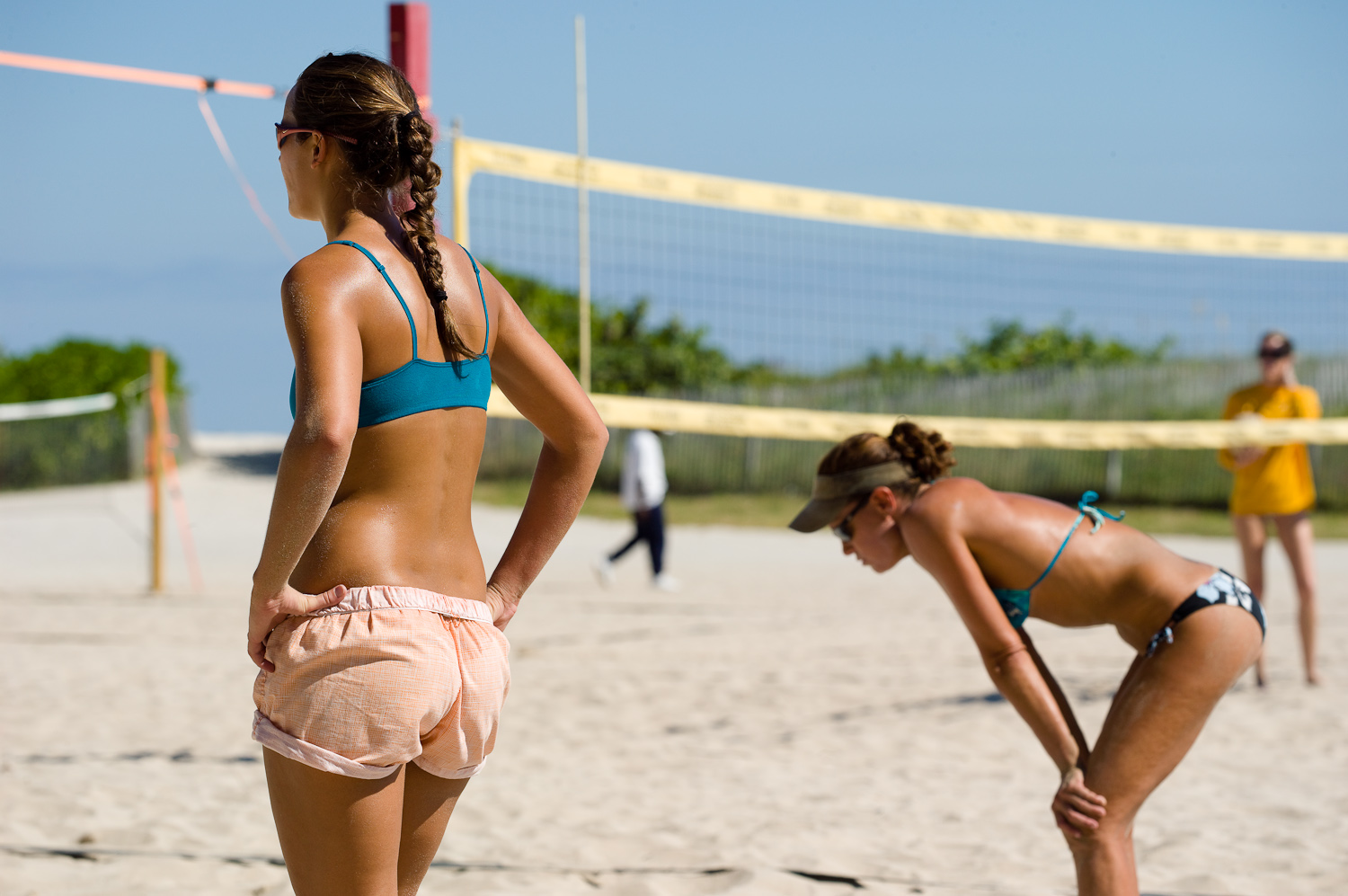
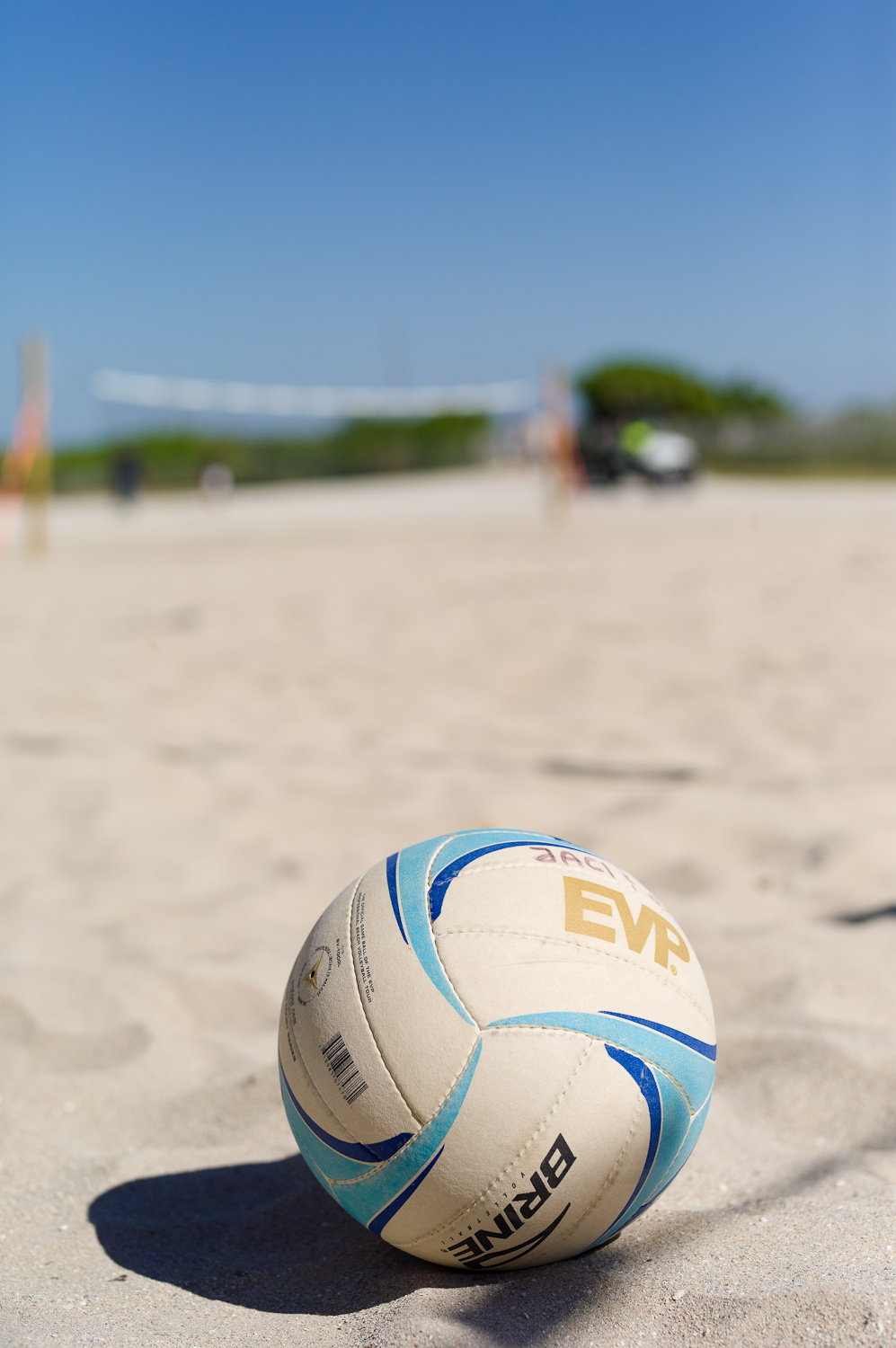
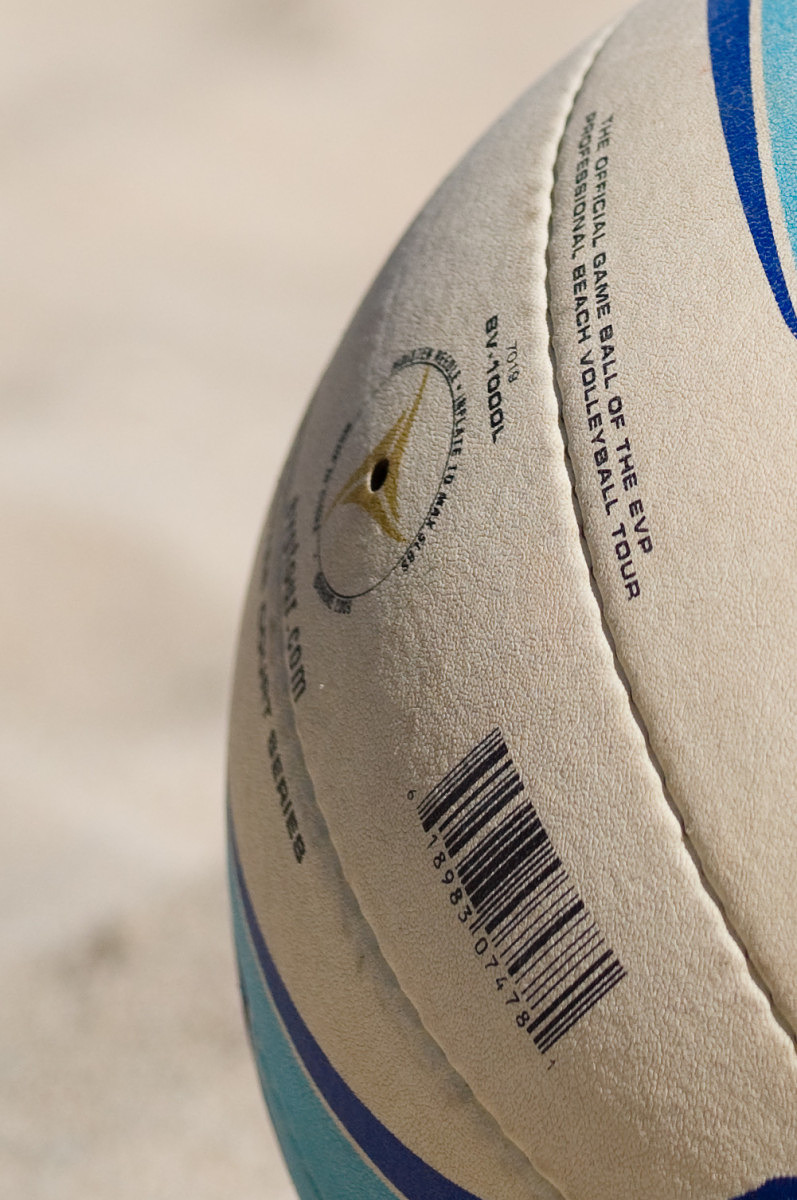
Leave a Reply